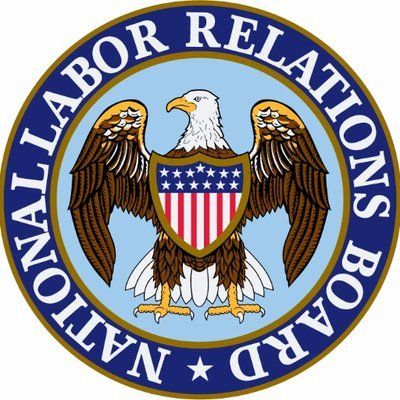National Labor Relations Board Decision on I-9 Forms Upheld

A panel of the National Labor Relations Board (NLRB) recently upheld a decision that employers must bargain with unions over the effects of a requirement that employees fill out new I-9 forms.
In this case, the employer conducted an I-9 audit, and determined that it did not have proper I-9 forms for 95% of its workforce. The employer notified the employees that they needed to submit new I-9 forms and supporting documentation. When the union found out about this, it complained that it had not received prior notice about the requirement and demanded bargaining on the issue. The employer refused, and argued that it did not have to bargain with the union over its decision to resolve I-9 compliance issues. Subsequently, the union filed an unfair labor practice charge under the National Labor Relations Act (NLRA).
The NLRB found that requiring employees to submit a new I-9 form is a subject of mandatory bargaining because the requirement affects the terms and conditions of employment, since employees who have difficulty completing the form risk losing their jobs. Although employers must comply with federal immigration law and secure a valid I-9 for each employee, they have discretion over how to implement compliance, such as deciding the amount of time the employer would give an employee to present supporting documentation. Therefore, employers must bargain over the impact complying with the law could have on employees’ terms and conditions of employment.
This case demonstrates how even when implementing federal or state compliance, employers must consider interactions with labor laws and stay attentive to their NLRA obligations. If you need to make an adjustment to an employment practice, even if it is for state or federal compliance reasons, be sure to check with us first.
If you have any questions about this topic or any other labor and employment law matters, please feel free to contact the attorneys at The Royal Law Firm at 413-586-2288.







